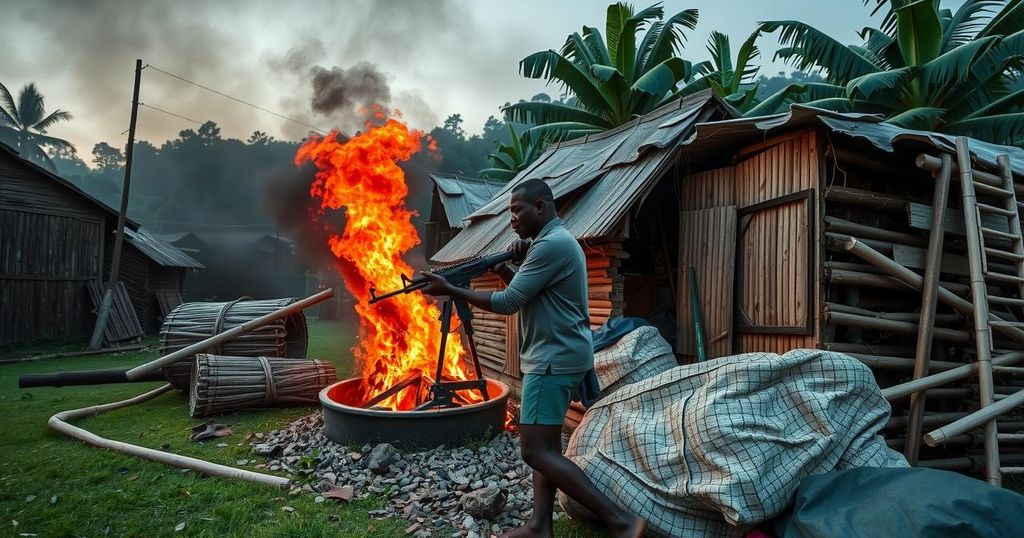Understanding the Conflict in the Democratic Republic of Congo
The Democratic Republic of Congo’s (DRC) ongoing conflicts can be traced back to historical power struggles and ethnic tensions following its independence in 1960. With armed groups proliferating and consistent human rights abuses reported, millions face displacement, hunger, and violence. A lack of effective governance and external influences exacerbate these challenges. Addressing justice and humanitarian needs remains crucial for peace and stability in the region.
The Democratic Republic of Congo (DRC) has been enduring a multi-faceted crisis since gaining independence from Belgium in 1960. This turmoil is primarily the result of historical power struggles, ethnic tensions, political corruption, and competition over the nation’s abundant natural resources. Ongoing conflicts, notably prevalent in the eastern regions bordering South Sudan, Uganda, and Rwanda, have resulted in widespread violence and the proliferation of over a hundred armed groups, grounded in local grievances. Governance challenges stemming from a colonial legacy, as well as foreign interventions, further compound the struggles facing the DRC. The dire humanitarian situation, characterized by mass displacements, pervasive sexual violence, and extreme poverty, calls for urgent international attention and action to foster peace, justice, and recovery for the Congolese people.
The DRC has experienced nearly continuous conflict since its independence, rooted in a complex interplay of historical, political, and social factors. The colonial history of the DRC significantly shaped its present-day ethnic tensions, as arbitrary borders established during colonial rule amalgamated diverse groups into a single nation. The extraction of valuable resources, coupled with poor governance and external interventions, has perpetuated violence and instability. Current humanitarian crises are severe, with millions displaced and in need of basic services despite the country’s wealth in natural resources. The DRC remains one of the poorest countries in the world, highlighting the stark disparity between its resource wealth and the living conditions of its populace.
The conflicts in the Democratic Republic of Congo represent a complex web of historical grievances, ethnic divisions, and resource exploitation that have resulted in an ongoing humanitarian disaster. To resolve these issues, concerted efforts are required to establish justice and accountability, provide humanitarian assistance, and empower civil society. Addressing historical injustices and ensuring that victims of the conflict receive reparations are essential steps toward ending the cycle of violence and building a more stable future for the Congolese people.
Original Source: www.amnesty.org




Post Comment